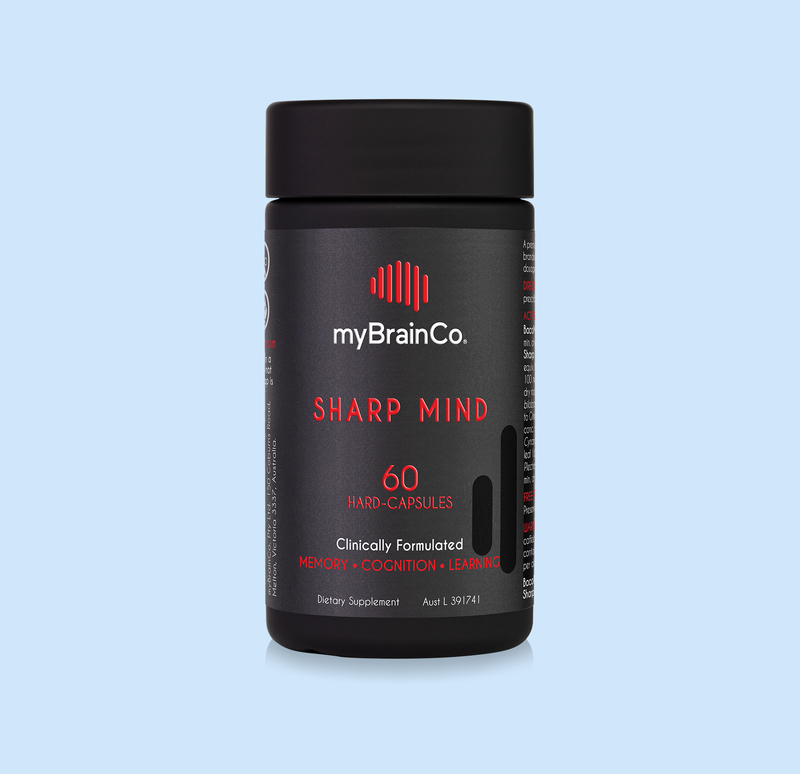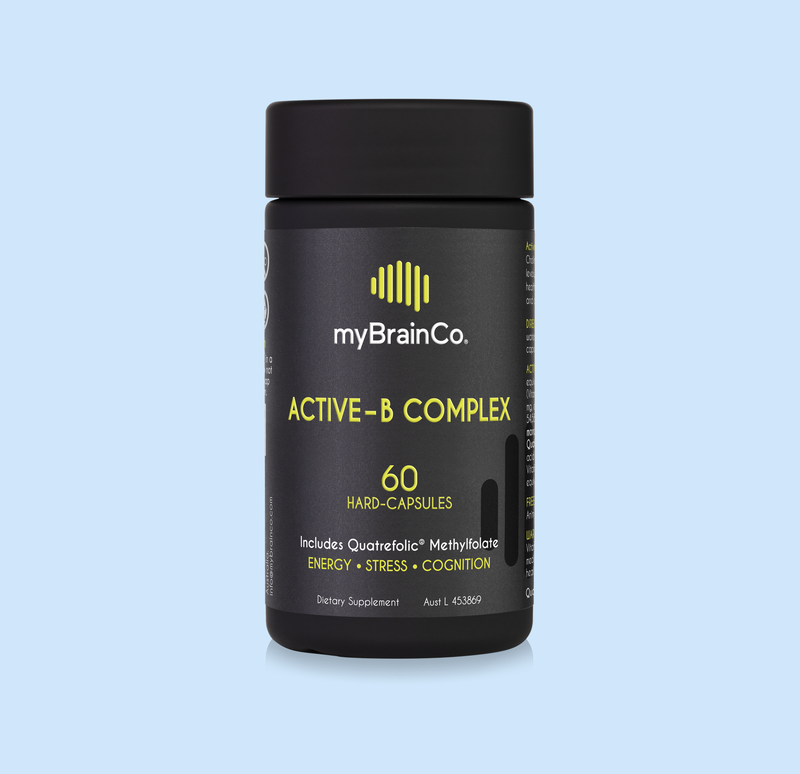As covered in our article What Is Leaky Gut?, ‘leaky gut’ is a digestive condition wherein the permeability of your gut lining is abnormally increased. This means foreign substances such as bacteria and antigens are able to ‘leak’ through your gut lining into the bloodstream where they don't belong (1), triggering an inflammatory immune response.
How Do I Know If I Have A Leaky Gut?
Leaky gut, or intestinal permeability, is linked to various health problems collectively referred to as leaky gut syndrome (1). Some of the common symptoms that indicate you may be suffering from a leaky gut, include (2):
- Changes in appetite or fluctuations in eating habits
- Emergent food allergies or sensitivities (3, 4)
- Chronic upset stomach, diarrhoea, bloating, gas and heartburn
- Unintentional or unexplained weight fluctuations
- Periodic skin irritation, eczema or rosacea
- Poor sleep and chronic fatigue related to quality of sleep
- Constant or regular colds or flu that are difficult to shake
What Can I Do About Leaky Gut?
If you’re experiencing any of the above symptoms, you might be wondering what you should do?
Can leaky gut be reversed, or is it simply a matter of reducing the symptoms?
What changes can you make to strengthen your gut health?
There’s good news: leaky gut is a condition that can be healed over time.
If you have the symptoms of a leaky gut now, there are actions you can take to reduce or eliminate the symptoms and improve your overall gut health. Here’s what you need to do:
1. Adjust Your Diet – Eat Right To Heal Your Leaky Gut.
It’s probably no surprise to learn that eating right is the key to nourishing the good bacteria in your gut. Adjusting to a healthier, more ‘gut aware’ diet can be immensely beneficial in healing the effects of a leaky gut.
Avoid:
Begin by removing the following items from regular consumption that may negatively impact healthy gut bacteria, or initiate inflammation or digestive issues such as bloating, constipation, and diarrhoea:
- Highly-processed foods: pies, crackers, muesli bars, chips, fast food and packet meals
- Refined oils: canola, sunflower, soybean and safflower oils
- Artificial sweeteners: aspartame, sucralose and saccharin
- High-sugar foods: sugary cereals, candy bars, cookies and pastries
- Foods with potential allergens including dairy and gluten: milk, cheese, ice cream, bread, pasta, cereals, wheat flour, couscous, barley, rye etc.
- Unhealthy drinks: alcohol, soda and other sugary drinks
- Nonsteroidal anti-inflammatory drugs (NSAIDs): ibuprofen and aspirin (5, 6, 7)
Consume:
Once you’ve cleared the cupboards of the gut-triggering foods, focus on filling your diet with healthier choices that promote the growth and nourishment of healthy bacteria in your gut:
- Cultured dairy products: kefir and yogurt are excellent sources of friendly bacteria (aka “probiotics”) that will help optimise the health and performance of your gut.
- Miso: a flavourful paste used in dressings and soups, miso is a staple of Japanese cuisine. It includes fermented soybeans as an ingredient, which contain helpful bacteria and dietary enzymes.
- Fermented vegetables: kimchi, sauerkraut and tempeh all offer your body a dose of healthy probiotics – live microorganisms essential to healthy digestion (8).
- Raw nuts: almonds in particular have an excellent probiotic nutritional profile as they’re high in fibre and loaded with nutritious fatty acids and polyphenol compounds that support the growth of good gut bacteria.
- Low FODMAP fruit: blueberries, grapes, oranges and bananas are good all-around healthy snacks and contain the kind of fibre that good gut bacteria love. They’re also loaded with beneficial dietary nutrients.
- Garlic: it’s full of antibacterial and anti-fungal compounds that are ideal for balancing gut flora. Garlic makes meals taste great whilst also helping control gut yeast—overgrowth may contribute to leaky gut (9).
- Ginger: it’s said to stimulate the production of stomach acid, ensuring proper breakdown of foods and movement through the digestive system. You can add grated ginger to meals or drink it in a refreshing tea.
2. Change your Lifestyle – Eliminating Bad Habits Leads To Good Gut Health Outcomes.
There are several lifestyle choices you can make to support good gut health and reverse the symptoms associated with a leaky gut. These include:
- Reduce alcohol consumption: we mentioned it briefly above, but it’s worth exploring more deeply how negative an impact it can have on your gut health. Studies demonstrate a positive correlation between alcohol intake and intestinal permeability (10, 11, 12, 13) due primarily to alcohol’s toxic effect on delicate tissues like the epithelial lining (gut wall), as well as its tendency to suppress healthy immune function. That toxic effect extends to how alcohol can destroy good gut bacteria, leaving your gut flora severely damaged.
- Cut out smoking and vaping: not only is it a well-known cancer risk factor, it’s also linked to digestive tract inflammation, several bowel conditions and an overall decrease in healthy digestive performance. Smoking can also be an appetite suppressant, reducing your healthy food intake. Because smoking also impacts gut flora balance, quitting smoking can increase the abundance of healthy gut bacteria (14) and reduce the amount of bad gut bacteria. Smoking also has an unhealthy interaction with alcohol that can further aggravate symptoms of leaky gut.
- Reduce stress: chronic (long-term) stress contributes to various gastrointestinal disorders, including leaky gut (15). It can also harm beneficial gut bacteria due to the gut-brain connection. Participating in activities such as mindfulness, massage, and meditation can help.
- Improve sleep: chronic sleep disruption can alter the distribution of healthy gut bacteria, which may increase intestinal permeability (16). In addition, your body’s restoration and healing processes (including repairing your gut) happen at night when you’re sleeping. Aim to get 8 hours of quality sleep per night.
3. Implement A Gut Healing Program.
Effective gut healing supplements are designed to work in combination with lifestyle changes and diet optimisation to support good bacteria, eliminate bad bacteria, repair intestinal permeability and provide you with the nutritional structure necessary to reverse the symptoms of a leaky gut.
Gut Repair™ is scientifically formulated to help soothe and repair an unhealthy gut. This comprehensive formula helps maintain gut lining integrity (leaky gut), relieve digestive discomfort and stimulate good bacteria growth. Gut Repair™ features gut-friendly probiotics Saccharomyces boulardii and Bacillus coagulans as well as certified FODMAP friendly prebiotics, Sunfiber® & Fibregum®. It also contains a healing blend of Glutamine, Green Banana Resistant Starch and soothing herbs Marshmallow Root, Aloe Vera, Ceylon Cinnamon, Pomegranate in combination with digestive enzymes.
Gut Repair™ helps:
- Protect and repair the gut lining (leaky gut)
- Stimulate good bacteria growth
- Soothe and calm gut irritation
- Relieve indigestion, bloating and constipation
- Aid nutrient breakdown and absorption
- Support healthy blood sugar balance
You don’t have to live with a leaky gut. Take steps to help heal your gut, and you can enjoy improved mental and physical wellbeing.



